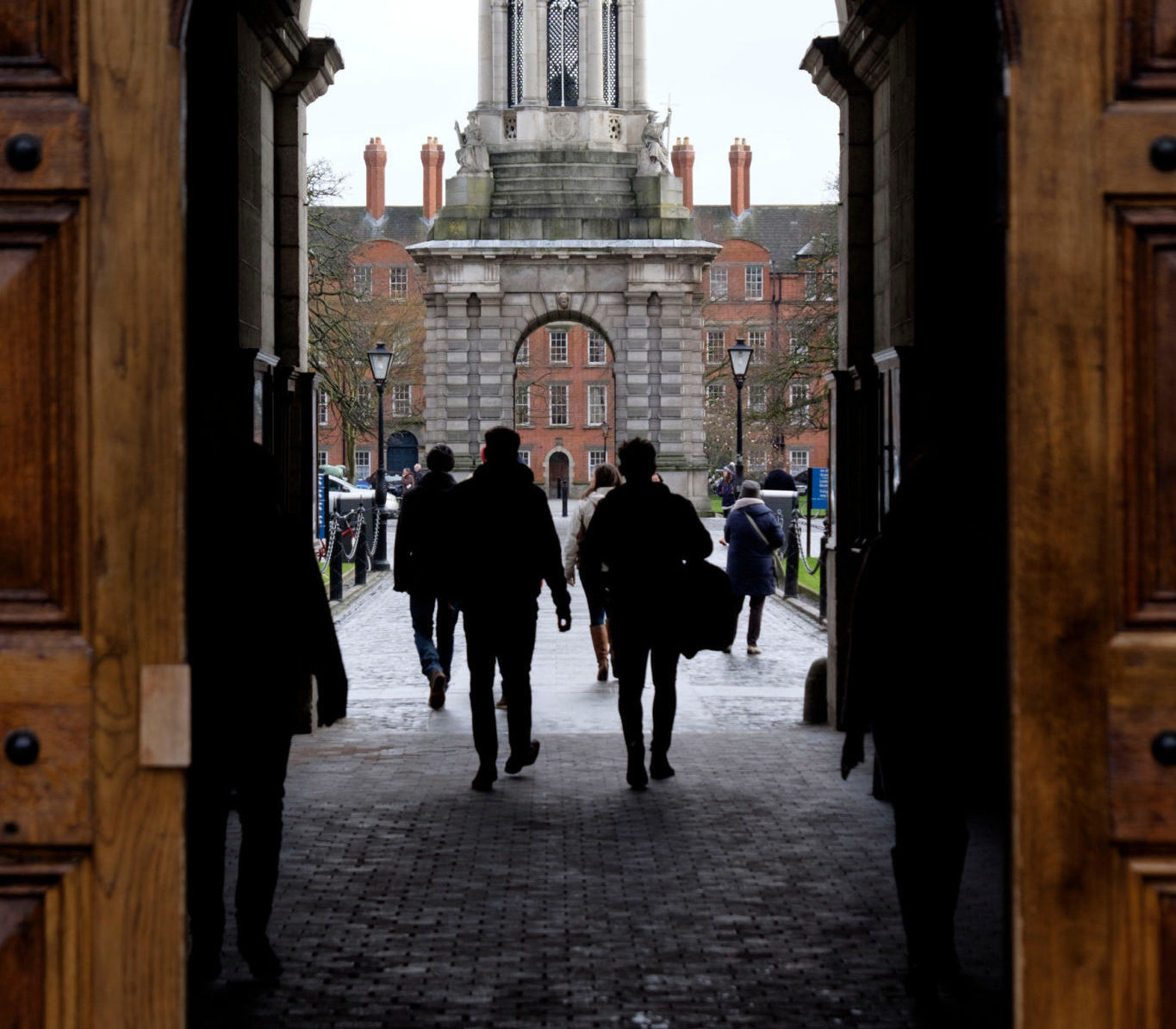COVID-19 lockdowns have led to a massive rise in students failing to attend school and college, the National Learning Network (NLN) has warned.
The network supports nearly 13,000 young people across Ireland who need additional educational supports.
Since the COVID-19 pandemic began in 2020, however, the NLN has found this task has become much more difficult.
The organisation has noticed what it described as an "alarming trend" of more and more young people not turning up to school or college.
“We would have 84 locations across Ireland and would cater mainly to early school leavers and people who have dropped out of university for whatever reason,” spokesperson Dr Denise O’Dwyer told Newstalk Breakfast.
“During COVID, we would have supported people very much online as companies did but certainly since COVID there’s been a massive rise in mental health issues.
“People [are] just finding it really difficult to engage on any kind of [level].”
Dr O’Dwyer said the isolation of lockdowns has had a lasting impact on people’s ability to socialise with others - with a corresponding reduction in educational attendance.
“We were all locked up or socially isolated… for so long during COVID, I think people’s ability to engage and to connect with people became significantly compromised,” she said.
“I think the school system in general doesn’t always match everybody’s, kind of, academic requirements – the various social pressures, mental health issues and various traumas that everyone experiences.”
 Students in Dublin. Picture by: Sergio Azenha / Alamy Stock Photo
Students in Dublin. Picture by: Sergio Azenha / Alamy Stock PhotoDr O’Dwyer also believes that there is a “completely different culture” in 2024 to that in previous generations.
“People in general - particularly young people - their ability to concentrate or their attention spans do seem to be considerably more compromised than in times past,” she said.
“So, I think it’s about looking at the issues that are emerging and trying to accommodate people as best as possible.”
'Compassion and understanding'
For any parent whose child is not attending school or college, Dr O’Dwyer urged them to approach the issue in a sensitive and supporting manner.
“You’re never really going to get the best out of anyone if you approach them in a combative way,” she said.
“I suppose to approach your young adult with compassion and understanding and with curiosity as opposed to judgement.
“[So that] they don’t perceive that you’re coming at them in a confrontational way, you should do it in a more gentle manner.
“You’re always going to get more out of people if you approach them in that way.”
Any parent whose child is not attending school can contact an educational welfare officer who will provide advice and support.
You can listen back here:
Main image: A teenage girl sitting alone near the sea. Image: Gary Hider / Alamy Stock Photo









